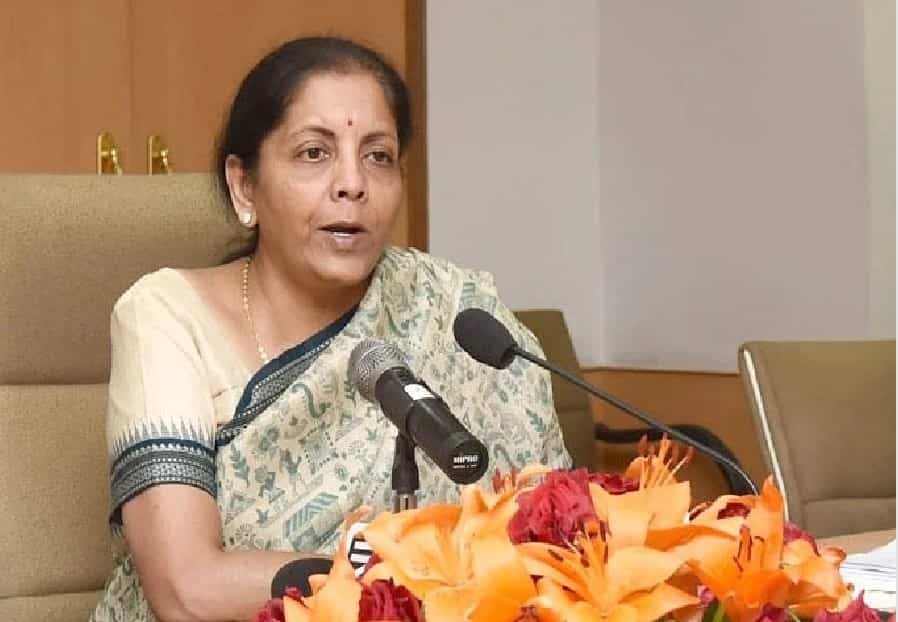After withdrawing the Income Tax Bill on Friday, August 8, Finance Minister Nirmala Sitharaman today (August 11) introduced a new Bill named The Income-Tax (No.2) Bill, 2025.
A 31-member Select Committee led by BJP MP Baijayant Panda had proposed several amendments to the law. Despite protests from the opposition, the House had accepted the bill’s withdrawal.
On July 21, the first day of the current Monsoon session of Parliament, the report of the parliamentary panel on the new Income-Tax Bill was presented in Lok Sabha. In its report, the panel has suggested important changes to tighten definitions, remove ambiguities, and align the new law with existing frameworks.
The Committee, in its 4,584-page report, had identified several drafting corrections based on stakeholder suggestions, which they believe are essential for clarity and unambiguous interpretation of the new bill. The parliamentary panel had made a total of 566 suggestions/recommendations in its report.
To give significant relief to taxpayers, the committee had suggested changing the provision which disallows refunds if income tax returns are filed beyond the due date.
Other recommendations of the committee included aligning the definition of micro and small enterprises with the MSME Act.
For non-profit organisations, the committee asked for clarification over the terms ‘income’ vs ‘receipts’, anonymous donations, and the removal of the deemed application concept. The panel asked for these to be fixed to avoid legal disputes.
The report also recommended amendments in the bill for clarity on advance ruling fees, TDS on provident funds, low-tax certificates, and penalty powers.
In the July 2024 Budget, the government proposed a comprehensive review of the Income-tax Act of 1961. The purpose was to make the Act concise and lucid, thereby reducing disputes and litigation. The new Income Tax Bill was tabled in Lok Sabha by Union Finance Minister Nirmala Sitharaman on February 13, 2025, and was withdrawn last week.
With inputs from agencies





